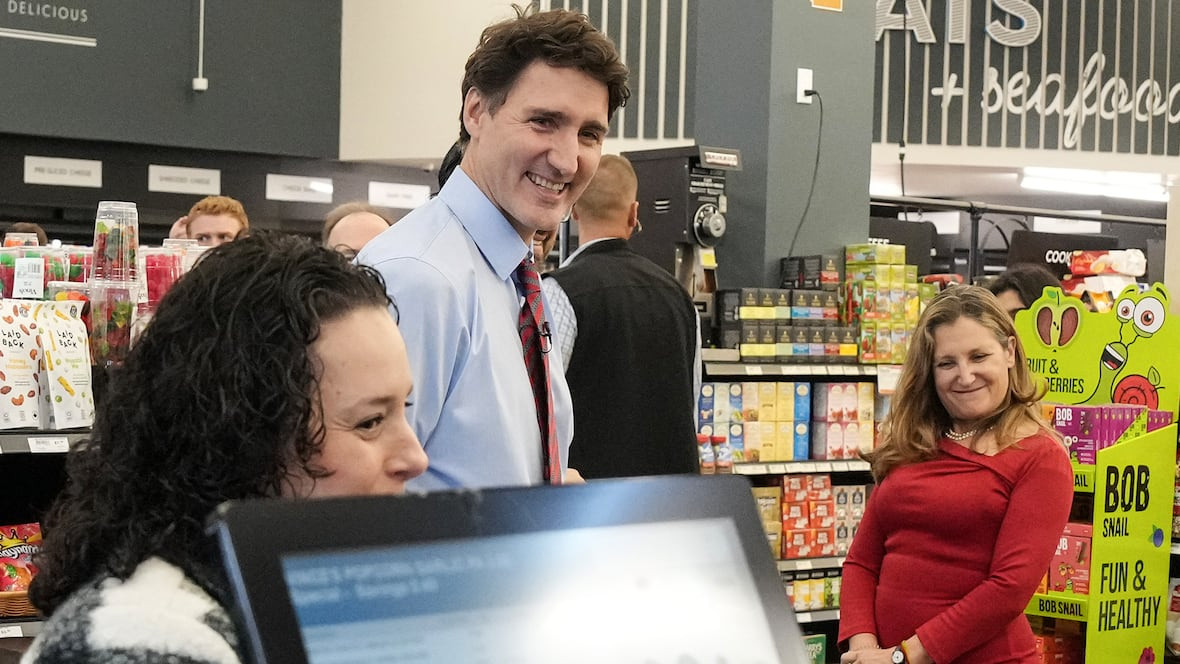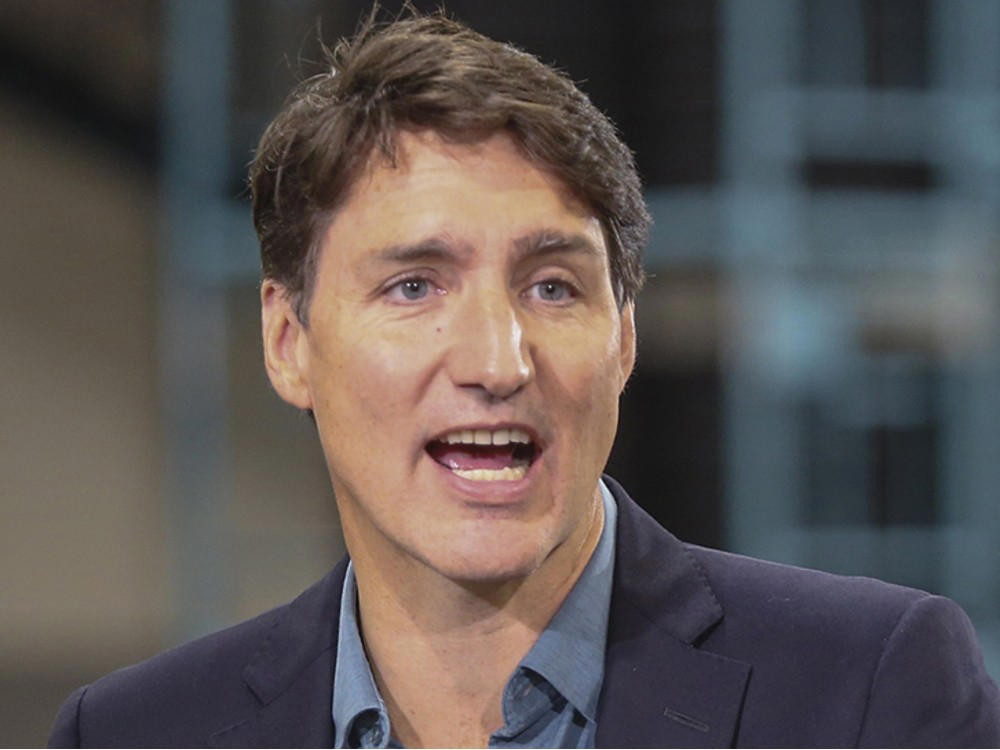Trudeau's Controversial GST Holiday: A $1.6 Billion Vote-Buying Scheme or Necessary Relief?
The Trudeau government's recent announcement of a two-month GST holiday, effective from December 14th to February 15th, has ignited a firestorm of debate across Canada. While the Prime Minister touted it on social media as a way to make everyday purchases more affordable, critics have slammed it as a hastily conceived, pre-election gimmick lacking in forethought and potentially detrimental to small businesses. The proposed holiday, which excludes some basic groceries while impacting others, has raised concerns about its effectiveness and fairness, adding to the complexity of an already challenging economic climate.
The Political Undercurrents of the Tax Break
The timing of the announcement, just weeks before the holiday season and ahead of an election year, has fueled accusations of blatant vote-buying. The Liberals' last-minute embrace of a tax holiday elicits a sense that the move might primarily benefit the headlines and attack ads rather than offering substantial savings. This sentiment is further compounded by the government’s past track record of introducing measures that fall short of their initial promises due to a lack of planning and attention to potential consequences. The government’s own numbers on the benefit will only actually lift 25,000 working-age people living with disabilities over the poverty line – by 2028. This raises concerns about the overall effectiveness and fairness of the tax break.
The Impact on Small Businesses
The rushed implementation of the GST holiday has presented significant challenges for small business owners. Many are facing substantial costs to adjust their point-of-sale systems, a burden exacerbated by the short timeframe before the holiday takes effect. The late start means a crush of last-minute purchases, creating further logistical headaches. This is especially challenging given the ongoing Canada Post strike, which has already caused significant disruptions for small businesses. The CFIB estimates that the first two weeks of the postal strike have already set small businesses back at least $765 million. This one-two punch creates an especially difficult period for small businesses during the critical holiday shopping season. Small business owners are waking up to the reality that it will cost them thousands of dollars to make complicated adjustments to their point-of-sales equipment and that the late start will mean a crush of last-minute purchases. The cost and headaches of navigating last-minute tax changes have come at the worst possible time for small businesses, landing in tandem with the punishing effects of the strike at Canada Post.
A Closer Look at the Policy's Flaws
Beyond the immediate concerns of small businesses, the policy itself has faced scrutiny for its lack of strategic planning and potential for unintended consequences. The arbitrary selection of goods covered by the tax break has left many questioning its fairness and effectiveness. The exclusion of basic groceries that are already tax-free, while including less essential items such as candy and prepared foods, has been met with significant public criticism. This has resulted in many Canadians expressing disappointment over the little benefit they will see.
The Inefficiency of Temporary Tax Breaks
Economists have pointed out that short-term tax holidays are often inefficient. Consumers may simply shift their purchasing habits to take advantage of the break, leading to minimal impact on overall economic growth. Further, the administrative burdens imposed on businesses add to the cost and complexity of the measure. The government needs to consider adopting a more permanent and effective measure to truly assist struggling citizens.
Beyond the GST Holiday: A Broader Look at Economic Policy
The GST holiday is part of a larger pattern of poorly planned and executed economic policies within the Trudeau government. The government has also faced criticism for the implementation of the underused housing tax (UHT), a measure intended to curb foreign real estate speculation but which has yielded far less revenue than anticipated. Critics have argued the tax puts an unnecessary filing burden on Canadians, while proponents claim it's an important step in addressing a serious economic issue. The Canada Disability Benefit, also faces setbacks from its initial promises. The government, initially promising substantial aid, had to scale down the benefits to a much lesser degree than previously announced. These instances point towards a larger pattern of failed planning and poor attention to detail within the Canadian government.
The Need for Sustainable Economic Solutions
Rather than short-term fixes, experts advocate for more sustainable and well-targeted tax cuts that encourage economic growth and job creation. Focusing on broader tax reforms could have a greater, long-lasting impact than fleeting measures. This highlights the importance of a shift towards long-term economic planning as opposed to hasty populist measures. If we really want to fatten the wallets of consumers, let’s encourage more work, risk-taking and investment to improve economic growth. That requires Tax cuts that reinforce good incentives, not just throwing money out the door.
The Verdict: A Missed Opportunity?
Ultimately, the Trudeau government's GST holiday appears to be a missed opportunity. While the intention to provide relief to Canadians is laudable, the hasty execution and questionable effectiveness raise serious concerns. This underscores the need for a more thoughtful and strategic approach to economic policy that considers the long-term implications, engages with potential criticism and prioritizes sound governance over fleeting political gains. The flawed implementation of this tax relief package only serves to further highlight the limitations and failures of this government’s economic approach. The measure's lack of planning and efficacy raise doubts about the government's commitment to responsible fiscal management and effective social programs. The current policy, rather than being helpful, is simply a poorly executed and divisive strategy that adds further complexity and burden to struggling families and small businesses. The Liberals' transparent and gimmicky attempt at vote-buying represents a pretty much complete perversion of good policy principles. Instead of the GST break, a simple $250 increase in the GST tax credit to help low- and modest-income families could have achieved similar outcomes at a significantly lower cost, yet the government failed to recognize the inefficiency and shortcomings of their proposed approach.



















